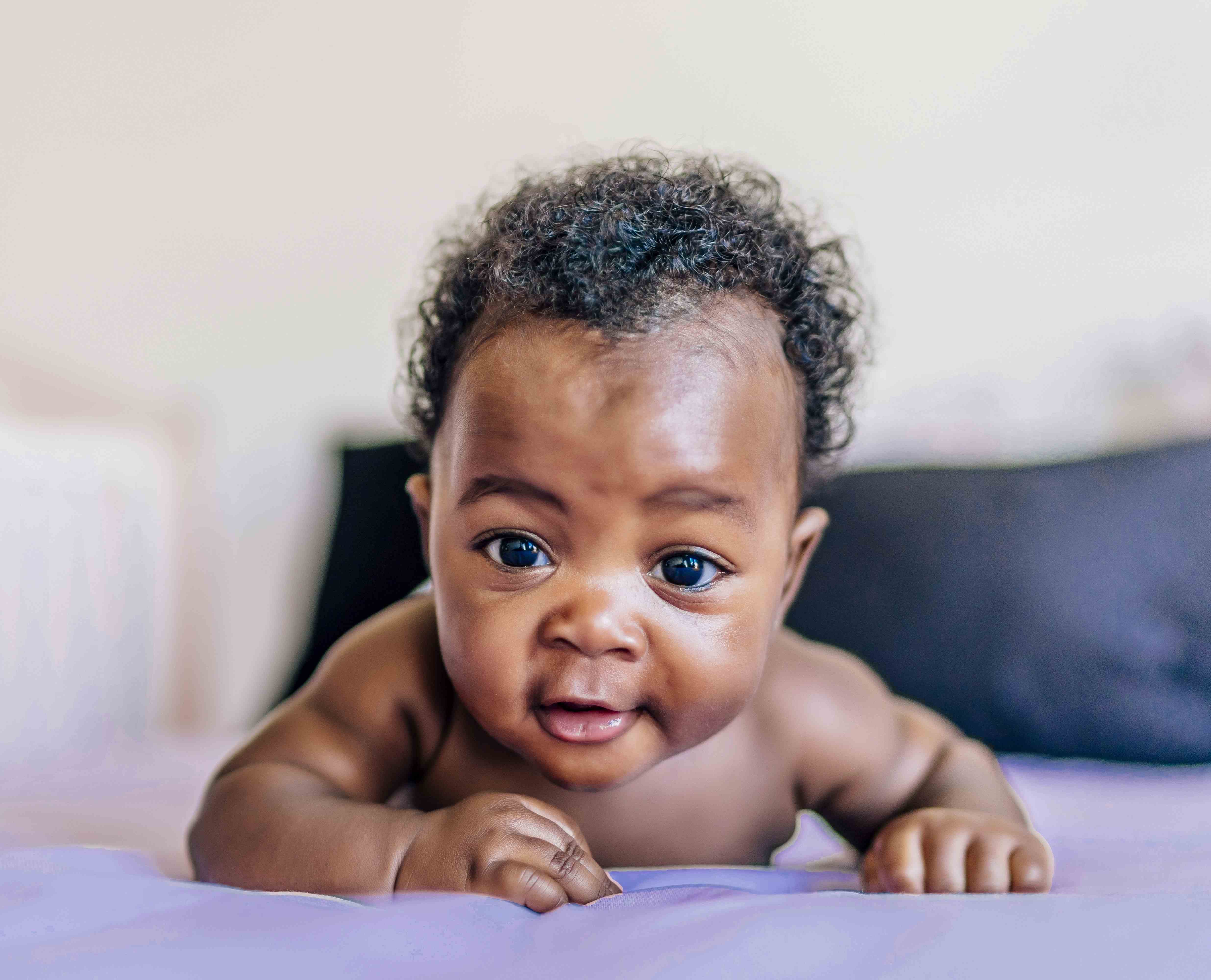Researchers at these three African universities are playing key roles in helping to limit the number of newborns dying globally each year from sepsis.

Edith Magak, bird story agency
Chris Hani Baragwanath Academic Hospital in Soweto, Johannesburg, Tygerberg Hospital in Cape Town and Kilifi County Hospital in Kenya are participating in a clinical trial that could prevent over 200,000 infant deaths yearly.
According to researchers, some 214,000 newborn deaths are caused by sepsis worldwide each year, which affects up to 3 million babies a year. Researchers from countries including Kenya, Uganda and South Africa have now developed two critical tools to identify babies at high risk to ensure they get early treatment.
Sepsis, also known as septicemia, occurs when chemicals released in the bloodstream to fight an infection trigger inflammation throughout the body, cascading through to crucial organs and causing them to fail. It is responsible for 1 in 5 deaths in low and middle-income countries, and newborns are particularly at risk because of their underdeveloped immune systems.
In a just-released study called NeoOBS, led by the Global Antibiotic Research and Development Partnership (GARDP), which involved over 3, 200 babies in 19 hospitals in 11 countries, researchers found out that many newborns are dying because the antibiotics used to treat sepsis are losing their effectiveness.
"The study exposed the glaring reality of antibiotic-resistant infections, especially in hospitals in LMICs, where we are often faced with a shortage of nurses, beds and space. The risk of infections is very high and most infections are resistant to antibiotics. If an antibiotic doesn't work, the baby often dies. This urgently needs to change. We need antibiotics that will cover all bacterial infections," said Sithembiso Velaphi, head of paediatrics at Chris Hani Baragwanath Academic Hospital in Johannesburg, South Africa.
"The observational study has been instrumental in providing the high-quality data we need to design trials of appropriate treatments for sepsis in newborn babies. It has been a huge collaborative effort by researchers and clinicians in Africa, Asia, Latin America and Europe," added Neal Russell, Principal Investigator for the study.
Using data from the study, the scientists developed two scores that could be used in any neonatal intensive care unit worldwide.
The first is the NeoSep Severity Score, a compilation of common symptoms and signs that can occur in a baby with clinical sepsis. Clinicians can use it to identify newborns at high risk of dying and ensure they get special attention more quickly. The second is NeoSep Recovery Score which will help clinicians decide whether to escalate treatment.
The tools will help prevent the often excessive and inappropriate use of antibiotics over too long a period, which increases the problem of antibiotic resistance globally.
Building on results from the study, researchers have designed an international clinical trial to evaluate desperately needed treatment for newborn babies with sepsis has begun in three public hospitals in South Africa and Kenya.
"The study has given us vital information which will help us to better design clinical trials and ultimately improve the care and outcome of babies with neonatal sepsis," said Manica Balasegaram, Executive Director of GARDP.
The NeoSep1 trial will evaluate new combinations of existing antibiotics and compare them to treatment regimens currently used in newborn babies with suspected neonatal sepsis.
"Having the right antibiotics immediately can make the difference between life and death. We are hoping the trial will provide robust evidence that the antibiotic combinations are safe and effective and that this will lead to a change in both WHO and local treatment guidelines," said Christina Obiero, principal investigator for the NeoSep1 trial for the KEMRI at Kilifi County Hospital, Kenya.
The trial will be expanded to other countries and regions in 2024, with a target of recruiting up to 3000 newborns.
bird story agency





